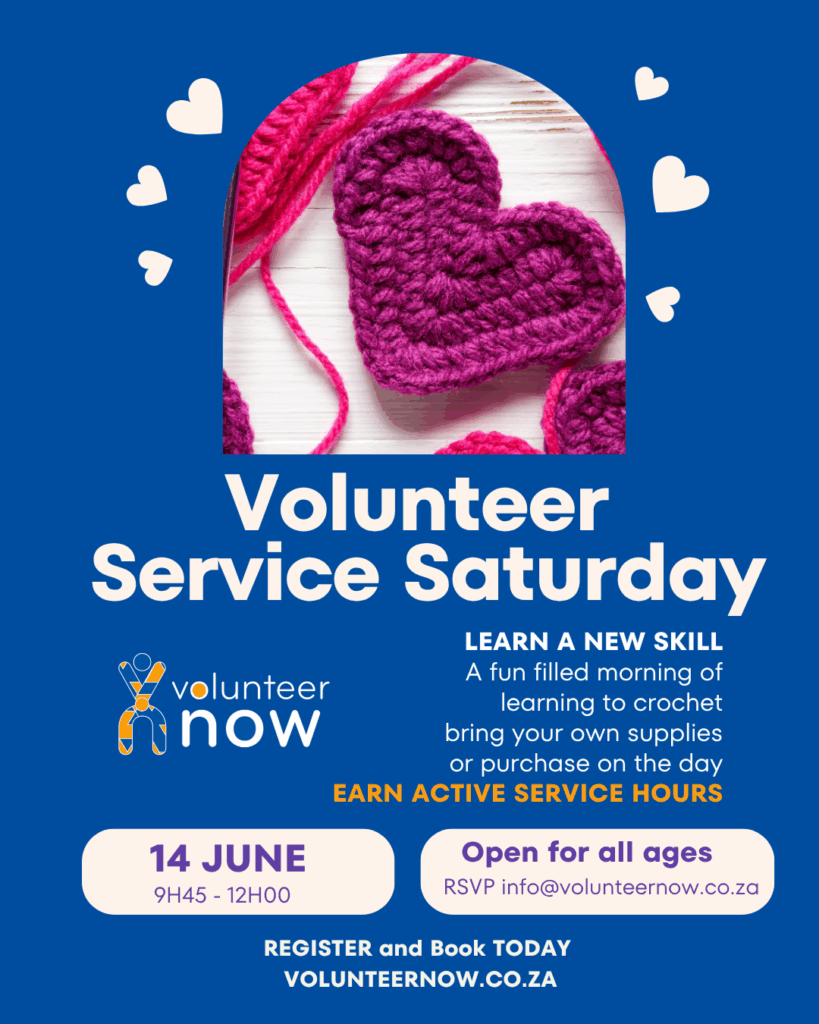The Power of the Hook: Why Learning to Crochet Matters
In a fast-paced, digitally driven world, finding meaningful, hands-on skills that also make a difference can feel rare. That’s where crochet steps in—a time-honored craft that not only soothes the soul but also creates opportunities to give back to others in powerful ways. Whether you’re a teen earning service hours, an adult looking for a mindful hobby, or someone eager to support communities, learning how to crochet is more than just making loops with yarn—it’s a life-enhancing, community-building activity.
Why Crochet?
Crochet is the art of creating fabric by looping yarn with a hooked needle. It’s simple to learn, affordable to start, and endlessly versatile. Unlike other crafts, you can pick up crochet with just a hook and a ball of yarn. The motions are rhythmic, the learning curve is gentle, and the sense of accomplishment when you finish a project is deeply rewarding.
Personal Benefits of Crocheting
Crocheting is more than a hobby—it’s a therapeutic tool that can significantly improve mental and physical well-being:
- Stress Relief: The repetitive motion of crocheting can induce a calming, meditative state, reducing anxiety and promoting relaxation.
- Improved Focus and Patience: Learning stitches and following patterns enhances concentration and teaches the value of persistence.
- Hand-Eye Coordination: The craft engages both fine motor skills and visual attention, strengthening brain-hand connectivity.
- Boosts Creativity and Confidence: Designing your own projects or choosing your colors and textures allows for self-expression and builds confidence as you see your ideas come to life.
- Screen-Free Mindfulness: Crochet is a wonderful way to unplug and engage in a tactile, offline activity that brings instant gratification.
Crochet for Community Impact
What makes crochet truly special is its potential to create meaningful change. With just yarn and time, volunteers can produce items that directly support vulnerable individuals:
- Blankets for the homeless
- Beanies and scarves for winter drives
- Baby booties and blankets for neonatal units
- Washcloths and menstrual pad bags for menstrual health programs
- Toys and comfort items for children in hospitals or shelters
When volunteers come together to crochet, the impact multiplies. Not only are you creating useful items, but you’re also building a network of compassion and care—one stitch at a time.
Teaching Crochet: The Gift that Keeps Giving
Once you’ve learned how to crochet, sharing your skill with others can be one of the most fulfilling ways to give back. Hosting crochet circles, workshops, or informal learning sessions encourages connection across generations, cultures, and communities. It empowers others with a valuable, sustainable skill and fosters a sense of belonging and purpose.
For students earning service hours, teaching crochet to peers or community members is a powerful and practical way to meet volunteer requirements while leaving a lasting legacy.
How to Get Involved
Learning to crochet is easier than ever. Start by attending a local crochet workshop or Service Saturday event in your area. At these gatherings, beginners can get hands-on support while contributing to community-focused projects. You can bring your own supplies or purchase affordable kits at the event.
Our upcoming Service Saturday on 14 June (9:45 – 12:00) is the perfect opportunity to jump in. It’s free to attend, fun to join, and every stitch goes toward something meaningful. Spaces are limited, so book your place on the Volunteer Now site today.
Final Thoughts
Crocheting isn’t just about creating something beautiful—it’s about weaving connection, purpose, and support into every piece. Whether you’re crafting a warm hat for someone in need or teaching a child to make their first chain stitch, the impact is real and lasting.
So pick up a hook, learn the skill, and share it. Because with crochet, every thread has the power to change lives.

